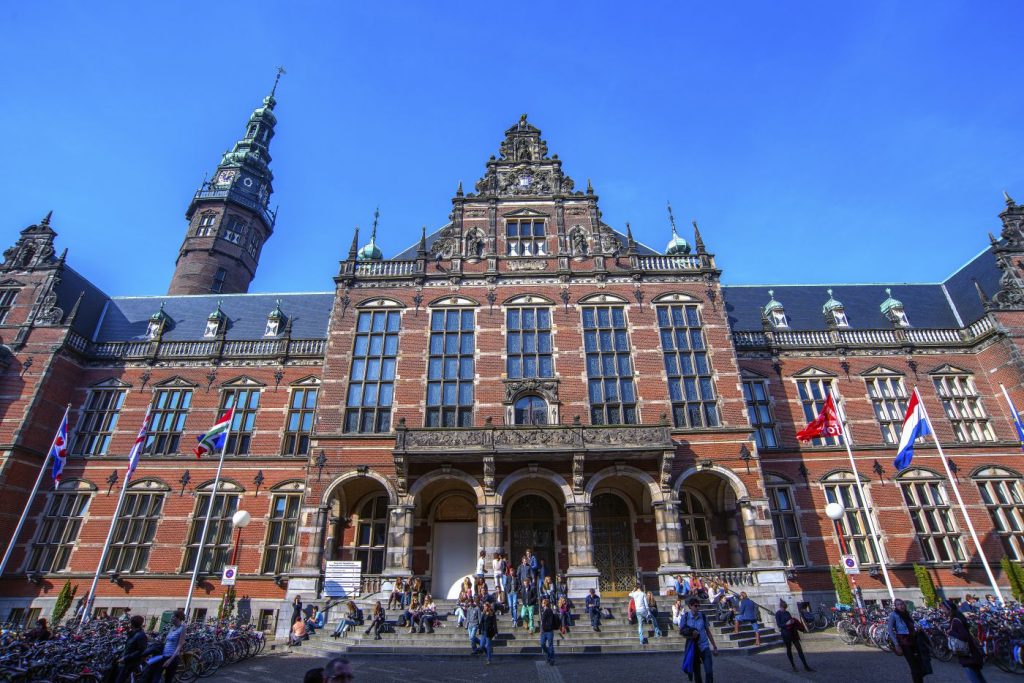Deadline: March 15, 2017 | Apply here
Dates: 17 – 25 August 2017
Eligibility: This summer school is intended for PhD candidates/students. It is expected that the participants have a sufficient command of the English language to actively participate in the discussions and to present their own work in English.
Price: EUR 400,- (excluding accommodation)
EUR 700,- (including accommodation); scholarships available
Location: Groningen, The Netherlands
Groningen Energy Summer School 2017
The Groningen Energy Summer School (GESS) 2017 takes an interdisciplinary approach to the societal and technological dimensions of the energy transition.
By combining a broad range of disciplines, this event will offer a unique opportunity to PhD students to become aware of different aspects of energy transition, to develop novel insights, and to create synergy in approaches to the energy transition. The participants will attend lectures by specialists in the field, present their own and each other’s work, and play an active role in the discussions.
This 6th summer school in a highly successful series discusses energy transition ‘in your own backyard’. In the fossil fuel based energy system citizens and local companies play a passive role as consumers of fuels, gas and electricity. Renewables challenge this in multiple ways. The implications of renewable production tend to be contested, often in ‘not in my backyard’ (NIMBY) terms.
Alternatively, households, companies and communities gain new opportunities to produce their own energy as active prosumers. This holds promises both in the Global North and in the South for ‘yes in my backyard’ (YIMBY) developments.
Why attend?
The existing energy system has to adapt. Most renewable technologies depend on a high number of relatively small production sites, while bottom-up initiatives create new institutional networks ranging from cooperatives to local energy companies.
Grid operators, energy companies and governments have to adapt as is illustrated by the development of smart grids, new buffering technologies and changing energy regulations.
GESS 2017 highlights local perspectives on global energy transition. We will be sensitive to the wide range of ‘backyards’ around the globe, addressing differences between urban and rural areas across the world. How to map today’s and tomorrow’s energy landscapes? How are opportunities evaluated by companies and (local) governments? How do local changes interact with global institutional, financial and corporate decision-making?
By interaction between natural sciences, social sciences, engineering, the humanities, economics and law unique new insights will emerge, as the previous Energy Summer Schools have demonstrated.
Scholarships
A limited number of scholarships are available to qualified applicants coming from non-OECD countries.
To apply for such support, candidates have to indicate this in the relevant section of the application form. Scholarships cover full tuition fees and accommodation during the summer school.
For more opportunities, check our opportunities sections and subscribe to our weekly newsletters.
